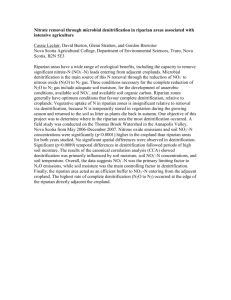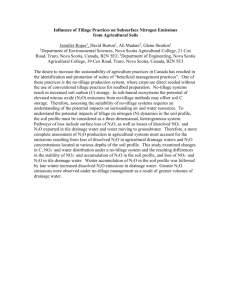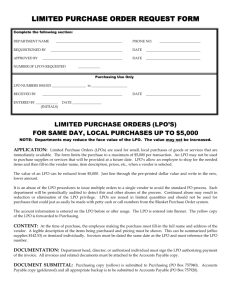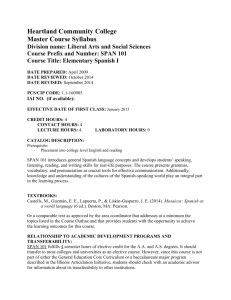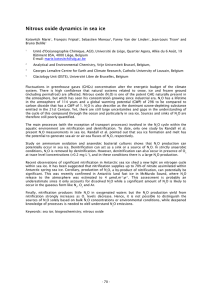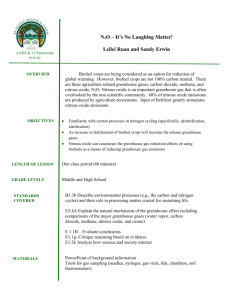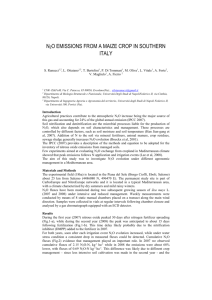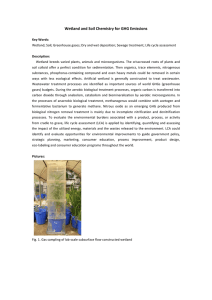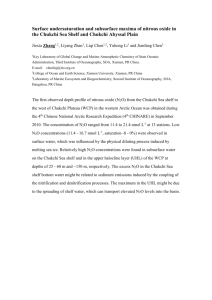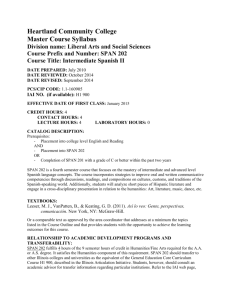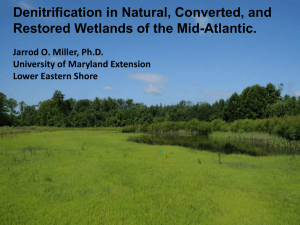Co denitrification PhD - UW School of Environmental and
advertisement
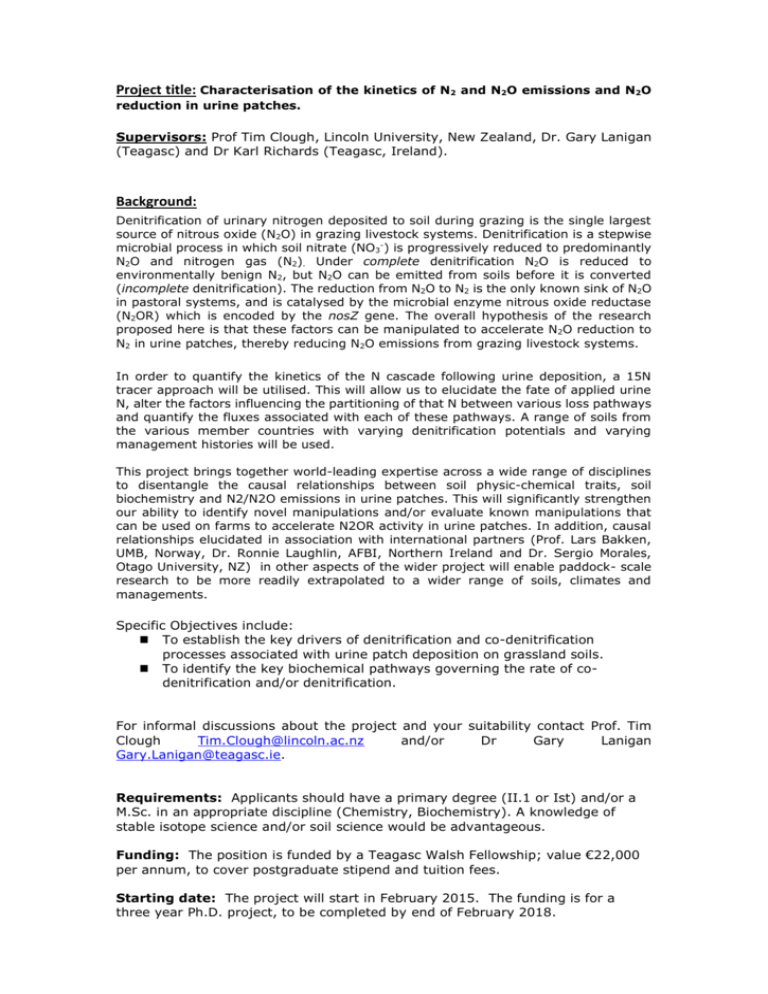
Project title: Characterisation of the kinetics of N2 and N2O emissions and N2O reduction in urine patches. Supervisors: Prof Tim Clough, Lincoln University, New Zealand, Dr. Gary Lanigan (Teagasc) and Dr Karl Richards (Teagasc, Ireland). Background: Denitrification of urinary nitrogen deposited to soil during grazing is the single largest source of nitrous oxide (N2O) in grazing livestock systems. Denitrification is a stepwise microbial process in which soil nitrate (NO3-) is progressively reduced to predominantly N2O and nitrogen gas (N2). Under complete denitrification N2O is reduced to environmentally benign N2, but N2O can be emitted from soils before it is converted (incomplete denitrification). The reduction from N2O to N2 is the only known sink of N2O in pastoral systems, and is catalysed by the microbial enzyme nitrous oxide reductase (N2OR) which is encoded by the nosZ gene. The overall hypothesis of the research proposed here is that these factors can be manipulated to accelerate N2O reduction to N2 in urine patches, thereby reducing N2O emissions from grazing livestock systems. In order to quantify the kinetics of the N cascade following urine deposition, a 15N tracer approach will be utilised. This will allow us to elucidate the fate of applied urine N, alter the factors influencing the partitioning of that N between various loss pathways and quantify the fluxes associated with each of these pathways. A range of soils from the various member countries with varying denitrification potentials and varying management histories will be used. This project brings together world-leading expertise across a wide range of disciplines to disentangle the causal relationships between soil physic-chemical traits, soil biochemistry and N2/N2O emissions in urine patches. This will significantly strengthen our ability to identify novel manipulations and/or evaluate known manipulations that can be used on farms to accelerate N2OR activity in urine patches. In addition, causal relationships elucidated in association with international partners (Prof. Lars Bakken, UMB, Norway, Dr. Ronnie Laughlin, AFBI, Northern Ireland and Dr. Sergio Morales, Otago University, NZ) in other aspects of the wider project will enable paddock- scale research to be more readily extrapolated to a wider range of soils, climates and managements. Specific Objectives include: To establish the key drivers of denitrification and co-denitrification processes associated with urine patch deposition on grassland soils. To identify the key biochemical pathways governing the rate of codenitrification and/or denitrification. For informal discussions about the project and your suitability contact Prof. Tim Clough Tim.Clough@lincoln.ac.nz and/or Dr Gary Lanigan Gary.Lanigan@teagasc.ie. Requirements: Applicants should have a primary degree (II.1 or Ist) and/or a M.Sc. in an appropriate discipline (Chemistry, Biochemistry). A knowledge of stable isotope science and/or soil science would be advantageous. Funding: The position is funded by a Teagasc Walsh Fellowship; value €22,000 per annum, to cover postgraduate stipend and tuition fees. Starting date: The project will start in February 2015. The funding is for a three year Ph.D. project, to be completed by end of February 2018. Location: The project student will receive initial training based mainly at both locations depending on the experimental programme. Student will also be required to travel to other partners in Otago, Northern Ireland and Norway. Application procedure: Apply using online http://www.teagasc.ie/research/postgrad/pgf_index.asp Closing date for applications: 31st January 2015 facility at:
